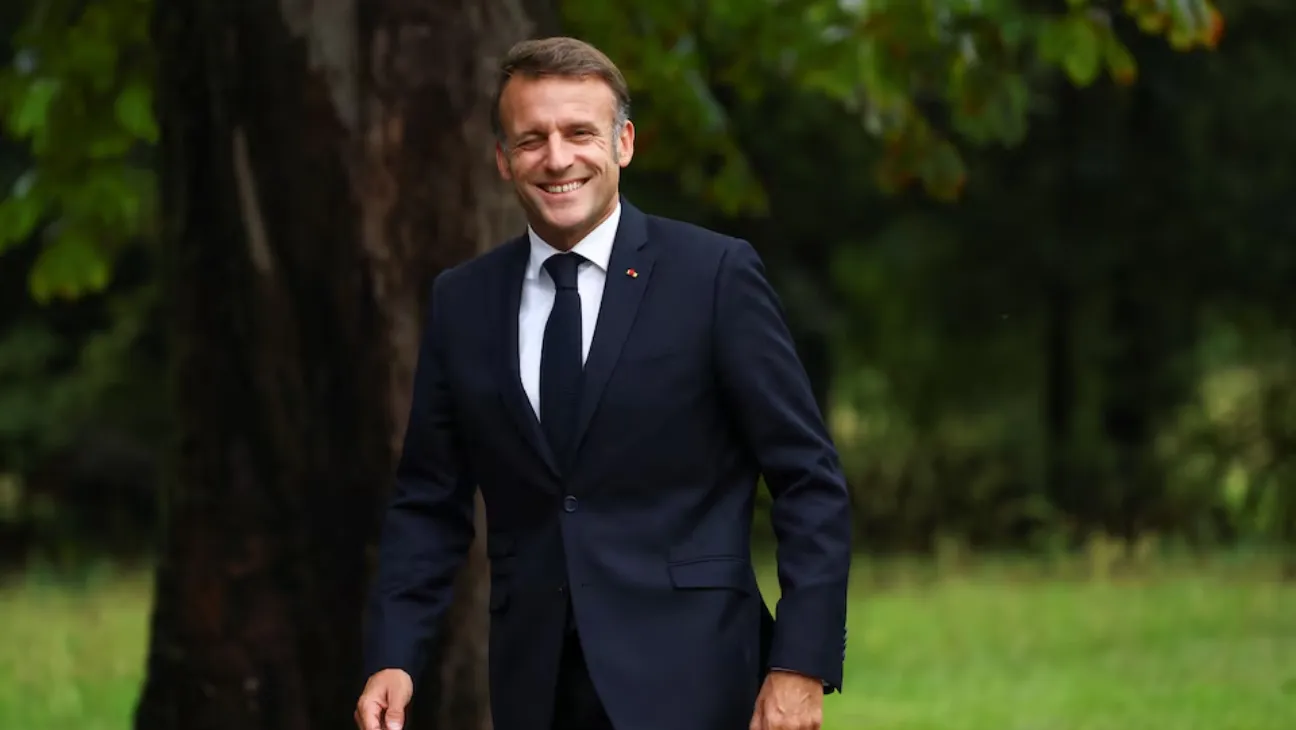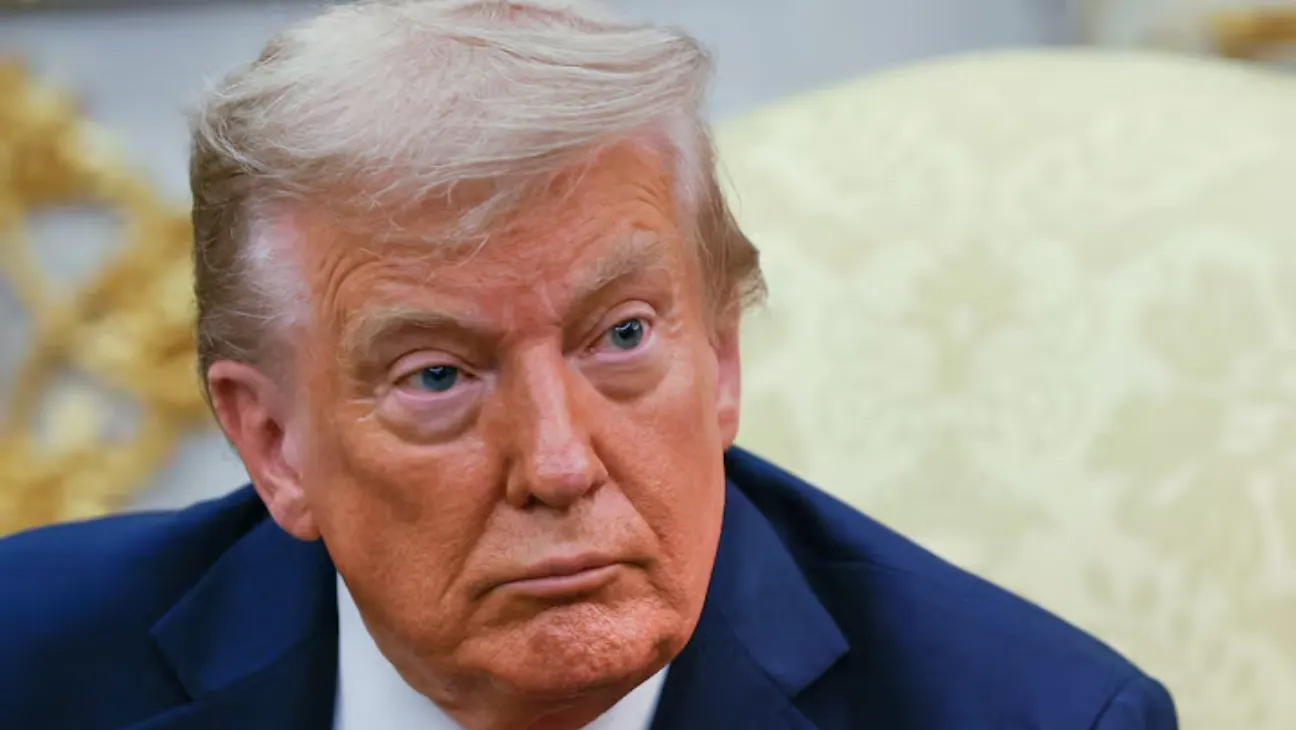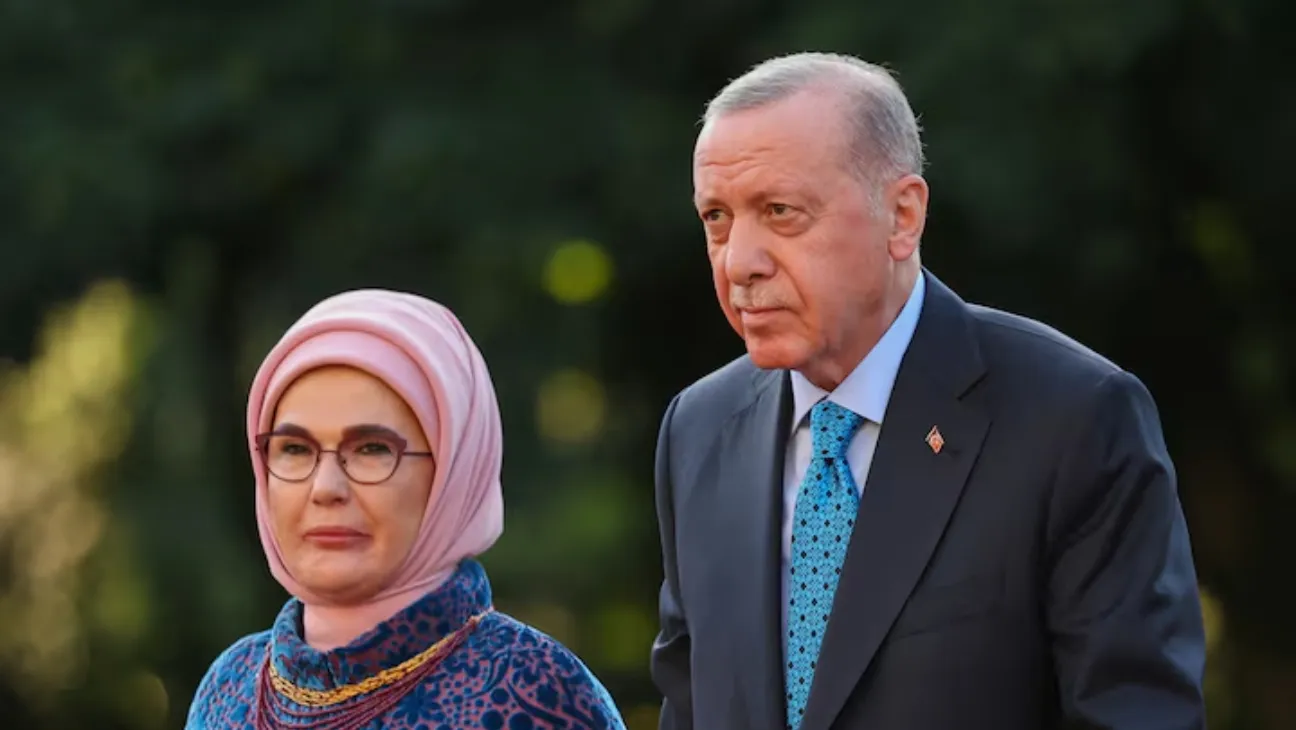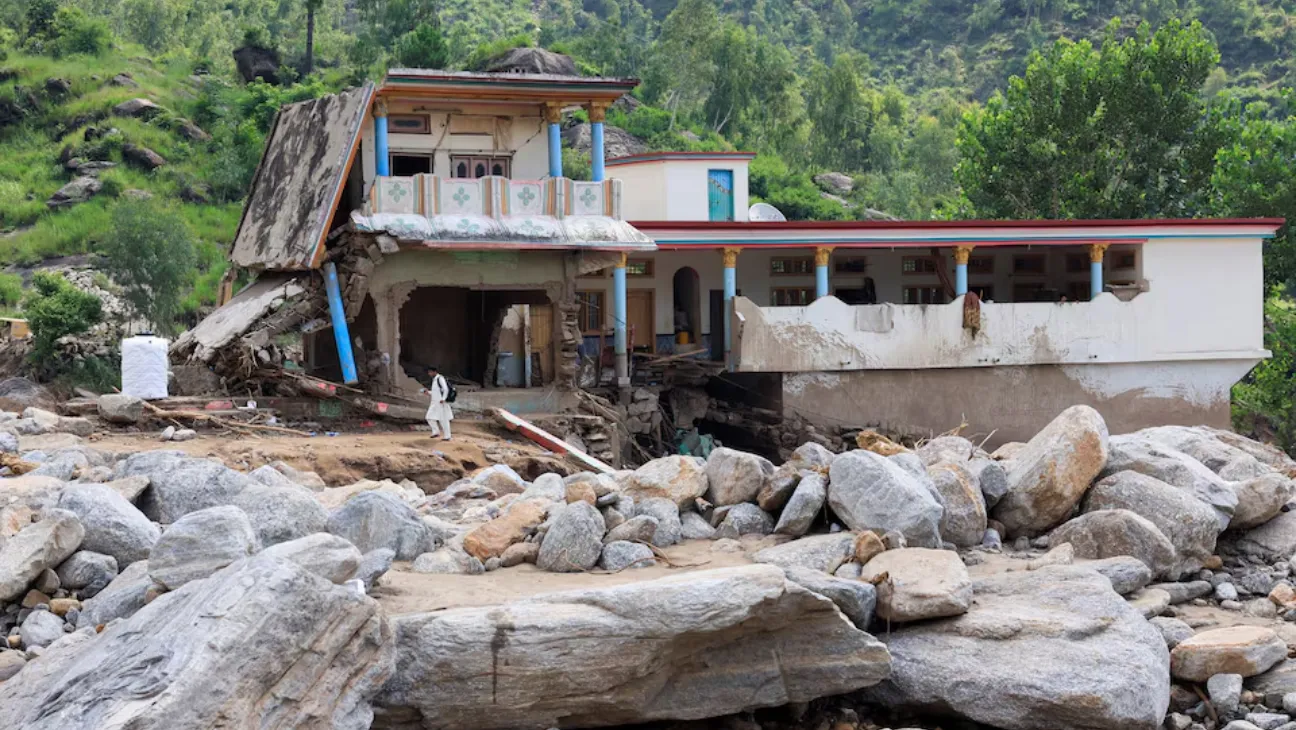In a move sure to stir diplomatic waters, President Emmanuel Macron announced on Thursday that France is taking the landmark step of officially recognizing a Palestinian state.
The recognition will be formalized this September at the UN General Assembly, putting Paris on a potential collision course with both Israel and the United States.
Macron put his promise in writing, sending a public letter to Palestinian Authority President Mahmoud Abbas where he vowed to push forward and rallied other nations to follow suit.
“True to its historic commitment to a just and lasting peace in the Middle East, I have decided that France will recognize the state of Palestine,” Macron wrote on X, formerly Twitter. “I will make this solemn announcement at the United Nations General Assembly next September.”
France would become the first major Western power to take such a step, shifting what has so far been a conversation dominated by smaller nations more critical of Israel’s policies in the region.
Swift Pushback from Israel and U.S.
Israeli leaders wasted no time condemning the decision.
Prime Minister Benjamin Netanyahu accused France of rewarding terror and said a Palestinian state under current conditions would be “a launch pad to annihilate Israel.” He insisted Palestinians seek to replace Israel, not coexist with it.
Israel’s Defense Minister Israel Katz went further, labeling the move “a disgrace” and “a surrender to terrorism.” He reaffirmed Israel’s position that it will not allow a Palestinian entity to emerge if it threatens national security.
U.S. Secretary of State Marco Rubio also weighed in, calling Macron’s plan reckless and harmful to peace efforts. “This decision only serves Hamas propaganda,” he posted on X. “It is a slap in the face to the victims of October 7th.”
In recent months, the Biden administration has signaled it opposes unilateral moves toward recognition, cautioning they may backfire diplomatically. A June diplomatic cable warned such actions could contradict U.S. foreign policy and have consequences.
Even Canada, while not backing Macron’s move, criticized Israel’s role in Gaza. Prime Minister Mark Carney condemned what he called Israel’s failure to prevent a growing humanitarian crisis and accused it of blocking Canadian-funded aid.
France’s Timing and Diplomatic Gamble
Macron’s announcement comes just days before a downgraded ministerial-level Middle East peace conference, co-hosted by France and Saudi Arabia. That event, originally planned for June, was delayed amid the Israel-Iran air war and logistical hurdles for Arab leaders.
Now, French diplomats say the timing of Macron’s announcement is designed to frame the upcoming talks and give France a clearer platform to rally support.
A second summit, this time with heads of state, is planned for the UN General Assembly in September. Macron wants to use that meeting to make France’s recognition final. The problem is, not all of his allies are on board. Reports suggest he’s getting pushback from the United Kingdom and Canada, who are hesitant to commit. This all comes just before 40 foreign ministers are expected in New York for related discussions.
Reactions from Palestine and Risks for France
The Palestinian Authority welcomed the move. Vice President Hussein Al Sheikh called it a sign of “France’s commitment to international law” and the right of Palestinians to self-determination.
But the decision comes with potential diplomatic costs.
Israel has been actively lobbying against recognition for months. Officials have warned Paris of possible fallout ranging from a reduction in intelligence sharing to delays in joint regional efforts. Some Israeli figures have even hinted at expanding annexation in parts of the West Bank in retaliation.
For France, which houses Europe’s largest Jewish and Muslim populations, the domestic implications are also significant. The decision will likely stir strong reactions across political lines.
Despite this, Macron has spent months edging toward recognition. Even as pressure mounted, he continued to float the idea as a way to keep the two-state solution alive.
Now, France is taking the leap. Whether other Western countries follow — or if they back away — remains to be seen.









